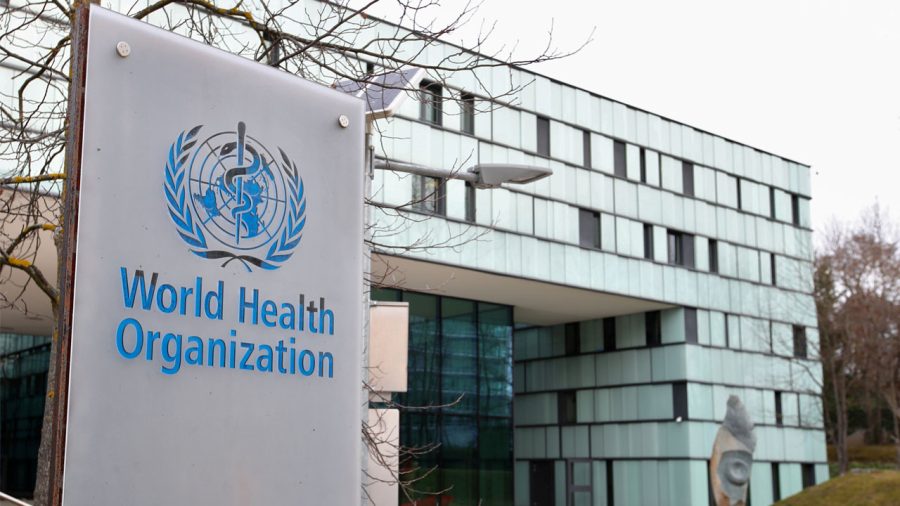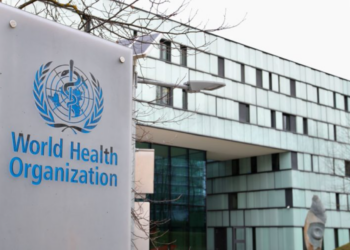Key highlights
- WHO and EU partner to launch a digital health certificate
- It adopts European best practices to contribute to digital health standards and interoperability globally to the benefit of those most in need
- The aim is to enable people worldwide to receive quality health services promptly and efficiently.
The World Health Organization (WHO) and European Commission have announced the launch of a significant partnership in digital health.
In a statement released on Monday, they stated that this partnership serves as the initial foundation of the WHO Global Digital Health Certification Network (GDHCN).
What they said
According to Ms Stella Kyriakides, Commissioner for Health and Food Safety, this partnership marks a crucial milestone in the EU Global Health Strategy’s digital action plan.
- “By using European best practices we contribute to digital health standards and interoperability globally to the benefit of those most in need.
- “It is also a powerful example of how alignment between the EU and the WHO can deliver better health for all, in the EU and across the world.
- “ As the directing and coordinating authority on international health work, there is no better partner than the WHO to advance the work we started at the EU.
- “It will further develop global digital health solutions,’’ Kyriakides said.
Kyriakides added that the partnership will involve close collaboration in the development, management, and implementation of the WHO GDHCN system, taking advantage of the European Commission’s substantial technical expertise in this domain. She stated that the initial step involves ensuring the continued effective functioning of the current EU digital certificates.
Establishing a global health system
The statement indicated that in June 2023, the WHO will adopt the EU system of digital COVID-19 certification to establish a global system that facilitates international mobility and safeguards individuals worldwide from ongoing and future health threats, including pandemics.
Dr Tedros Ghebreyesus, WHO Director-General, emphasized that the aim of the new digital health products under development is to enable people worldwide to receive quality health services promptly and efficiently.
He explained that WHO intends to provide all its Member States with access to an open-source digital health tool, guided by the principles of equity, innovation, transparency, and data protection.
Adopting the EU digital certificate in combating the pandemic
The statement further noted that this initiative is based on the EU and WHO Global Health Strategy on digital health, following the agreement reached on November 30, 2022.
The two organizations committed to strengthening their strategic cooperation on global health matters, reinforcing a robust multilateral system with the WHO at its core, supported by a strong EU.
Mr Thierry Breton, Commissioner for Internal Market, highlighted that the EU Digital COVID-19 Certificate has set a global standard with its connection to 80 countries and territories.
Breton emphasized that the EU certificate has been instrumental not only in combating the pandemic but also in facilitating international travel and tourism.
He expressed satisfaction that the WHO will build upon the privacy-preserving principles and cutting-edge technology of the EU certificate to create a global tool against future pandemics.
The statement emphasized that digital COVID certificates have been a key component in the European Union’s efforts to combat the COVID-19 pandemic.
It mentioned that the EU swiftly established interoperable COVID-19 certificates, known as the ‘EU Digital COVID Certificate’ or ‘EU DCC,’ to facilitate free movement within its borders. By utilizing open-source technologies and standards, the EU DCC allowed for the integration of non-EU countries issuing certificates according to its specifications, becoming the most widely adopted solution worldwide.




















